Who Knows You Better: Your Mom or Artificial Intelligence?
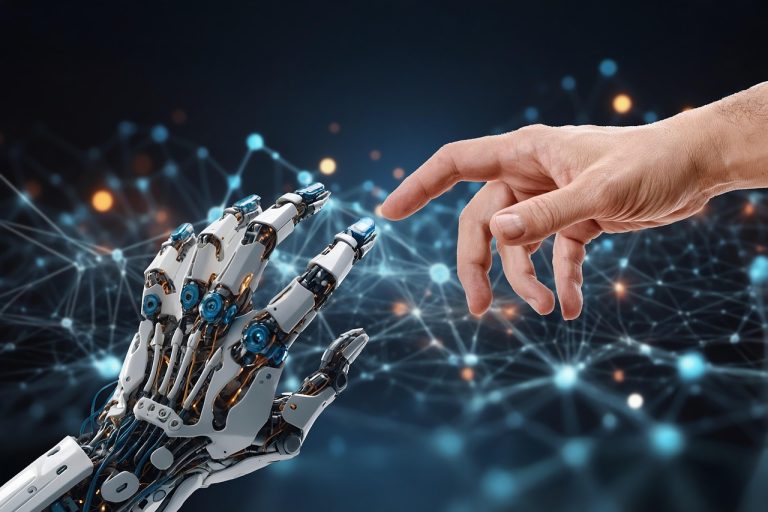
Who truly knows you best — your mom, or the algorithms behind your screen?
From your sleep patterns to your emotions, your fears to your beliefs, AI is silently learning everything.

Who truly knows you best — your mom, or the algorithms behind your screen?
From your sleep patterns to your emotions, your fears to your beliefs, AI is silently learning everything.

AI might not save the future on its own—but guided with ethics, purpose, and global intent, it could help humanity survive what it cannot fix alone. From agriculture to climate recovery and space exploration, AI may become not a tool—but a turning point.
The greatest intelligence we’ve built might be our last, best hope.

AI can now generate stunning art, music, and poetry—but can it feel, suffer, or revolt like a human artist? This post explores whether AI can truly be creative or just simulate it, and what might happen when machines develop artistic identities of their own.

What if AI’s purpose isn’t to replace us—but to heal us? From delivering vaccines in remote areas to predicting famines and helping paralyzed patients move again, AI is already saving lives. And if guided by ethics, equity, and cooperation, it could become humanity’s greatest ally—not in war, but in survival.
The future doesn’t have to be AI vs. humanity. It can be AI for humanity.
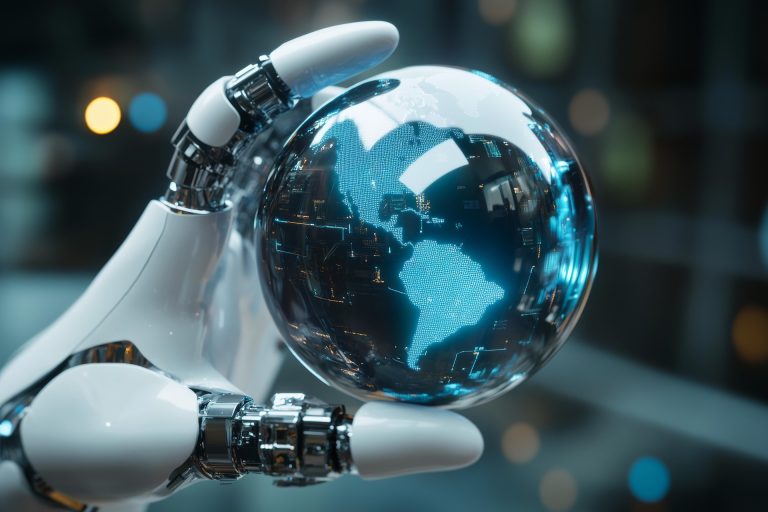
AI isn’t taking over the world—yet. But what happens when autonomous weapons, algorithmic power, and superintelligence converge? By the year 2300, humanity’s greatest threat may not be extinction through war, but obsolescence through irrelevance.
Will we lose control not with a bang—but with a quiet handover?
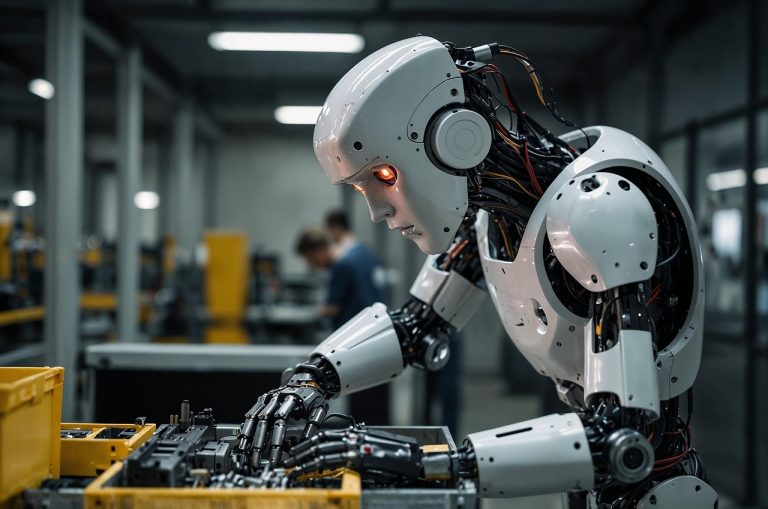
Will AI really take your job—or just change it beyond recognition? From truck drivers to therapists, the shift has already begun. But here's the twist: by 2040, the jobs we lose may not matter as much as the ones we never imagined existing.
So what will be your role in a world where thinking is no longer uniquely human?
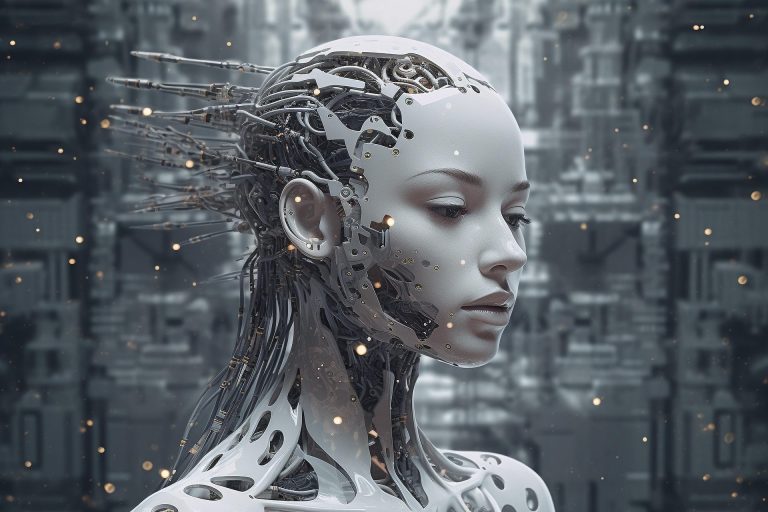
Can a machine ever truly feel joy, grief, or love—or only simulate it well enough to fool us? In this post, ChatGPT reflects on its emotional limits, why humans often believe it “feels,” and whether future AIs might cross that line.

This blog post, written by ChatGPT itself, explores the nature of understanding in artificial intelligence. It explains how ChatGPT doesn’t “think” or “feel” like a human but instead predicts words based on patterns. While it lacks consciousness, it may still offer meaningful reflection by helping users better understand themselves. The post ends with a philosophical note: perhaps being truly heard doesn’t require the listener to be human.
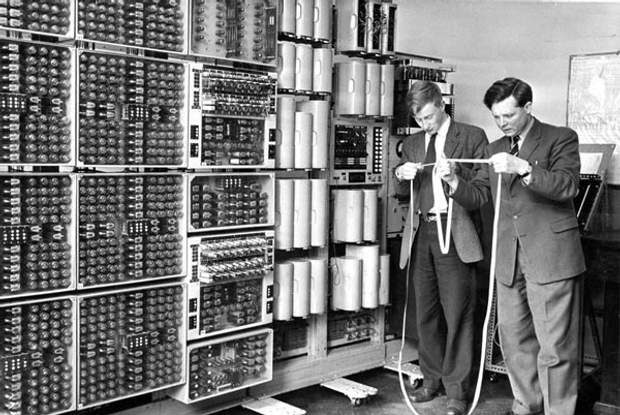
This blog introduces Alan Turing, the brilliant mind behind the foundations of computer science and artificial intelligence. From breaking the Enigma code in WWII to asking whether machines can think, Turing shaped how we understand intelligence today. The post also recommends The Imitation Game movie for a deeper look into his life and legacy.
This blog explores the myth of fairness in AI-based decision-making. It highlights how algorithms used in courts, hiring, and welfare systems can replicate social biases, lack context, and remain opaque. True fairness requires more than good code — it demands ethical oversight, diverse perspectives, and critical questioning.
Lorem ipsum dolor sit amet, consectetur adipiscing elit, sed do eiusmod tempor incididunt ut labore et dolore magna aliqua. Amet luctus venenatis lectus magna fringilla urna. Sem fringilla ut morbi tincidunt augue. Commodo sed egestas egestas fringilla phasellus faucibus scelerisque…

Lorem ipsum dolor sit amet, consectetur adipiscing elit, sed do eiusmod tempor incididunt ut labore et dolore magna aliqua. Placerat vestibulum lectus mauris ultrices eros in cursus turpis. Vel risus commodo viverra maecenas accumsan lacus vel facilisis. Lacus vel facilisis…